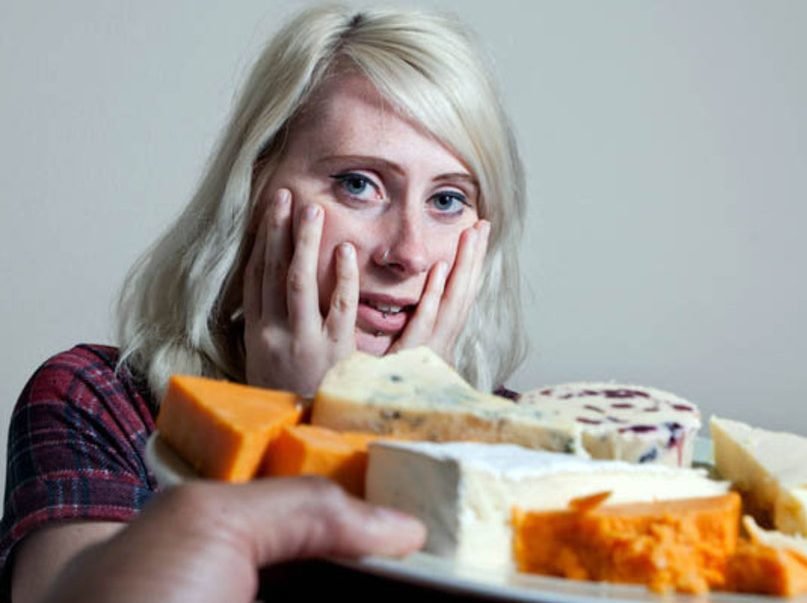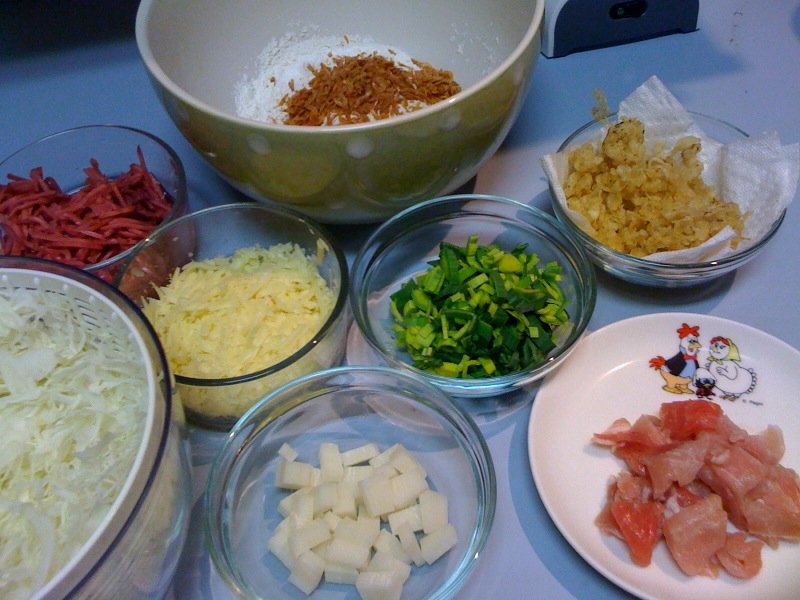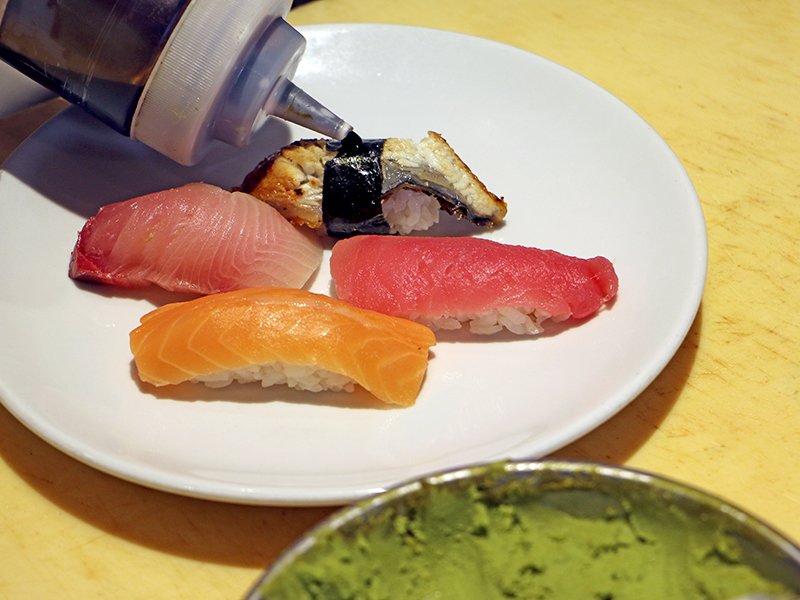A phobia is the excessive and irrational fear of a situation of object. So food phobia is nothing but the fear of certain foods. Food phobias can, for some people, be debilitating, limiting people from dining or trying out new restaurants and eateries, and could even extend to avoiding social activities such as participating in family gatherings. In few extreme cases, these food phobias can even have harmful impact on one’s health, leading to under nourishment due to restricted diets which are lacking in essential nutrients.

While a majority of food phobias can have similar consequences, the symptom and causes of each could be different. It is very important to take note of the exhibited symptoms early on so that the phobia may be resolved and a healthier lifestyle adopted for yourself or a loved one.
Fear of Food
Yes, we all have some foods (particularly vegetables!) that we just love to hate, but a food phobia is not just dislike, it’s the absolute terror of eating these food items. The clinical name for it is Cibophobia, which is commonly mistaken for eating disorders, but those people who suffer from eating disorders usually have body image issues, whereas cinophobia is just plain simple fear of food.
Some instances of this particular kind of fear could be; being terrified of perishable foodstuff such as dips or mayonnaise, worrying about undercooked meat or vegetables or even being overly cautious about food items which may be approaching their expiration dates. Then there are those who are afraid to cook and even refuse to consume foods that others have cooked for them.
 Coping with these irrational fears may be done by going over recipes and gradually trying out more foods, although its easier said than done. For those with more serious symptoms, intervention by a qualified mental health professional may be needed.
Coping with these irrational fears may be done by going over recipes and gradually trying out more foods, although its easier said than done. For those with more serious symptoms, intervention by a qualified mental health professional may be needed.
Fear of Cooking
Let’s face it… cooking is quite a task, and most people hardly have the time to indulge in it. Of course, most people don’t also suffer from Mageirocophobia, or the fear of cooking, but it does effect people across the globe. This fear may include worrying about what people might think of your food’s quality or presentation, or obsessing if you have overcooked or undercooked the food, risk injuring yourself while cooking or even find the cooking process too overwhelming, even after following the given recipe.
 Coping strategies for these kinds of fear depend on the exact fear and the severity of the fear one has. A few simple techniques that has helped many people are: giving themselves extra time to prepare, cooking familiar recipes for their guests and seeking the help of a family member when cooking which ultimately reduces their anxiety. If that still does not help, enlisting a cooking instructor or mental health professional is recommended.
Coping strategies for these kinds of fear depend on the exact fear and the severity of the fear one has. A few simple techniques that has helped many people are: giving themselves extra time to prepare, cooking familiar recipes for their guests and seeking the help of a family member when cooking which ultimately reduces their anxiety. If that still does not help, enlisting a cooking instructor or mental health professional is recommended.
Fear of New Foods
Food neophobia is a kind of neophobia, in that people fear the unknown and also new things. Food neophobia is very common in children and can sometimes turn into a lifelong problem, which prohibits people from trying out and experimenting with new kinds of food. Some sufferers say that they only have problems with certain types of food, such as raw fish ( such as sushi) and animal internal organs (known as offal), which may not necessarily be eaten in their culture or feature in their regular diets.
 If symptoms are observed at an early age, it is best to seek advice from a professional child psychologist. It is important to remember not to force someone, child or adult, to consume something they are not confortable with. But gradually introduce it into their diet in different forms.
If symptoms are observed at an early age, it is best to seek advice from a professional child psychologist. It is important to remember not to force someone, child or adult, to consume something they are not confortable with. But gradually introduce it into their diet in different forms.
Fear of Vomiting
Emetophobia or the fear of vomiting is widely different from Bulimia, where one binge eats and then purges out the food eaten, mostly because of body image issues. Under Emetophobia, people can suffer from a very limited eating pattern, as they may fear that the food may be undercooked or has gotten spoiled. Others may refuse to eat those foods that they think might upset their stomach, like raw vegetables or pungent dishes, and might trigger them to throw up. They seek out places that have easy access to a restroom and can even refuse to eat out at all. The fear of vomiting could be linked to the fear that they are losing control and in rare cases, may even lead to agoraphobia.
It is important to seek treatment from a qualified mental health professional, who may try out cognitive-behavioral therapy, medication, talk therapy and even hypnosis. The main intention is to get a person’s fear under control and learn to enjoy their food.
Cibophobia and it’s related disorders are complicated phobias that could have devastating effects on one’s health, lifestyle, self esteem and even life. However, with proper care and treatment, there is no reason why they cannot learn to conquer their fears.





